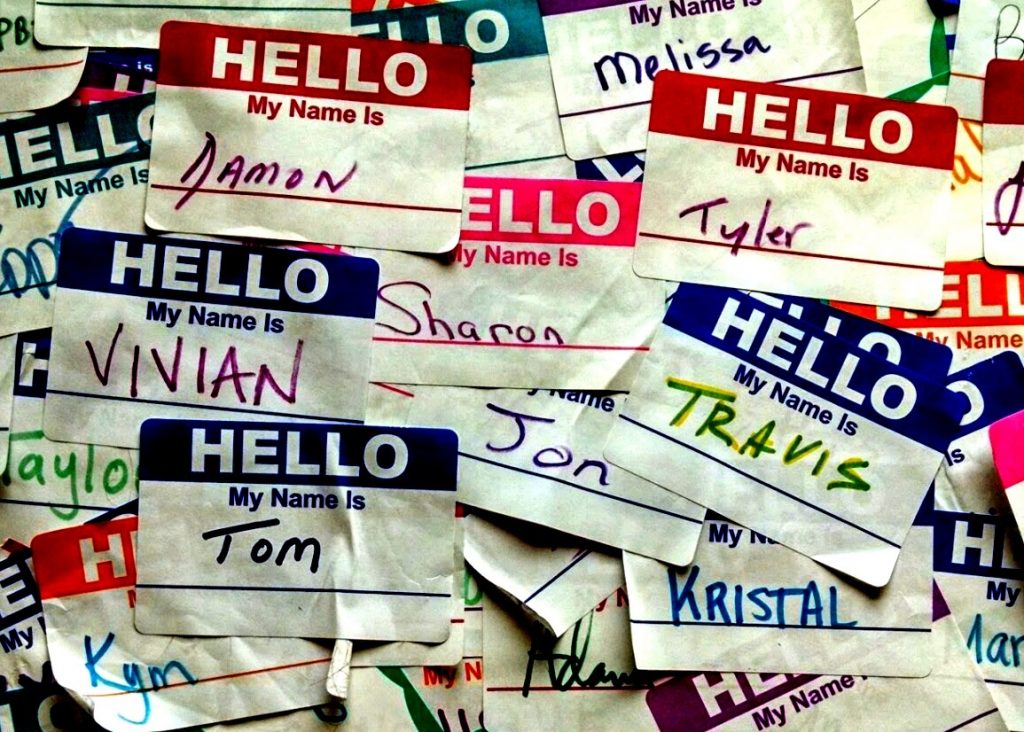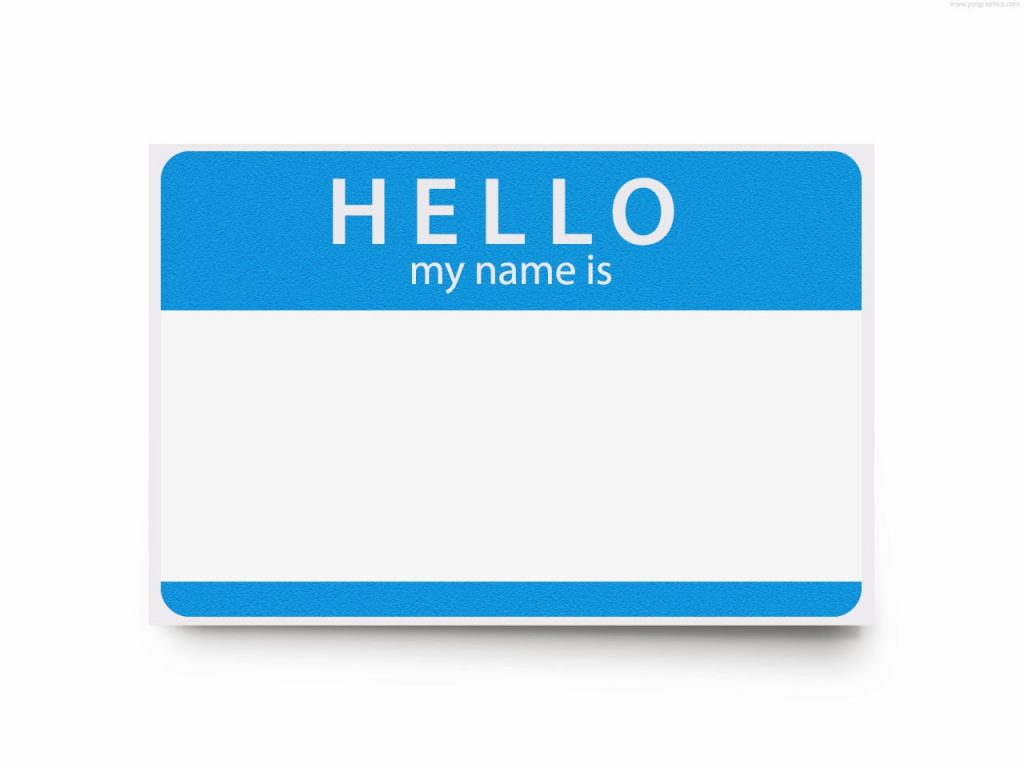“What’s in a name? That which we call a rose by any other name would smell as sweet,” says Juliet in William Shakespeare’s, Romeo and Juliet.
Names have meaning because they reveal our identity. Why does the right name matter? Can changing names change your identity? Confucius once said, “The beginning of wisdom is to call things by their proper name.”

In 1967, in Indonesia, the country where I was born, the government suggested all people of Chinese-Indonesian descent change their name to an Indonesian name. Though officially just a suggestion, in reality it was a type of forced assimilation, intended to eliminate ethnic Chinese identity.
Most Indonesian Chinese families have two names even today — one for themselves and their family and another for government identification purposes.
My parents named me Hendy after my grandfathers, Hendrik and Eddy, typically European names. My last name comes from an Ambonesse name, which is my ethnic origin from my father’s side.
There was a time when I was ashamed of my last name. I never used it; it felt too ethnic and different, not as common as Indonesian and European names. Instead I used my middle name, Stevan, which is more European and culturally acceptable.

After I studied more about intercultural work, I felt a need to get in touch with my family name again. I felt that I had a revelation to use my last name. I believe my name has a story, and I want to know more about it.
Cultural assimilation occurs in all parts of the world. But unity is not uniformity. Uniqueness is not division.
Although the dominant culture pressures us to conform, I believe God created us uniquely. We don’t need to conform to any dominant culture but be transformed into God’s image. I believe God is against cultural homogeneity and ethnocentrism. No culture or ethnicity is better than another. We are equally broken and equally beautiful.
God scattered the people who built the tower of Babel because they wanted to make a society in their own image, governed by their own standards. They were proud of it and wanted to make a name for themselves.
It takes the work of Jesus on the cross to redeem the fallen nature of human beings. It takes the power of the Holy Spirit to enable us to communicate cross-culturally.
In the Old Testament we see the changing of names for the purpose of cultural assimilation. Hananiah, Mishael and Azaria had to change their Hebrew names to Chaldean names: Shadrach, Meshach and Abednego. In the New Testament it was common for a Jew to have two names, one Hebrew and one Greek. In fact, the Apostle Paul never changed his name: Saul was a Hebrew name; Paul was a Greek name.

As I prepared this article I did some research on the meaning of my last name. Previously I didn’t know what Matahelemual meant. It was not easy to find the answer. I had to check with relatives who know the Ambonesse language. Finally, I got a verifiable answer: Matahelemual means Open Door. I’m grateful to know that, and I feel as if God has given me a new name.
There are names given by humans and names given by God. The name given by God is the name that will lead us to God’s promises. God changed Abram’s name to Abraham, Sarai’s to Sarah, Jacob’s to Israel and Simon’s to Peter. Through those names God gave new beginnings, new hopes, new blessings. A name is a prayer. What’s in your name?
A version of this article first appeared in “Anabaptist World” on December 15, 2020.
The opinions expressed in articles posted on Mosaic’s website are those of the author and may not reflect the official policy of Mosaic Conference. Mosaic is a large conference, crossing ethnicities, geographies, generations, theologies, and politics. Each person can only speak for themselves; no one can represent “the conference.” May God give us the grace to hear what the Spirit is speaking to us through people with whom we disagree and the humility and courage to love one another even when those disagreements can’t be bridged.
This post is also available in: Indonesia (Indonesian)
This post is also available in: Indonesia (Indonesian)
